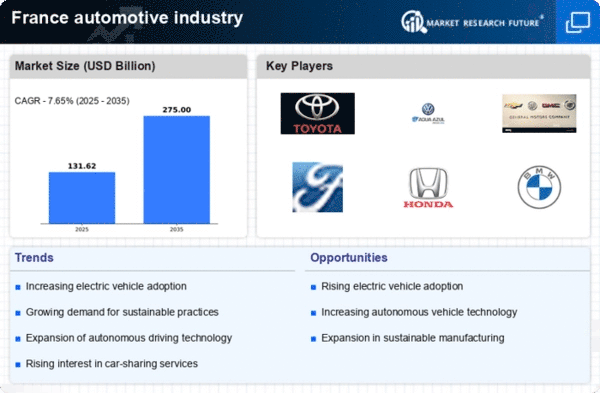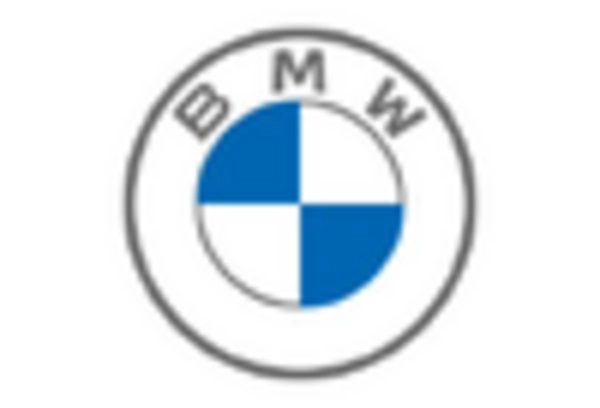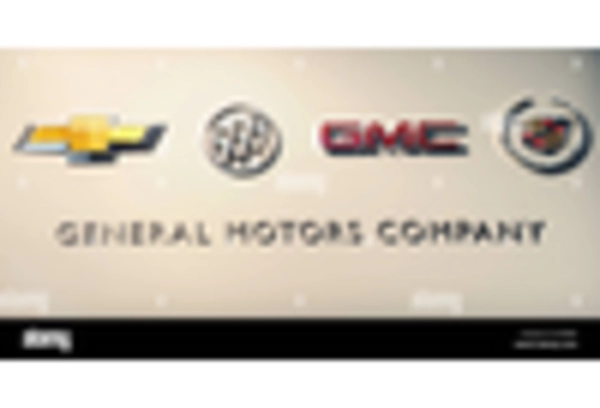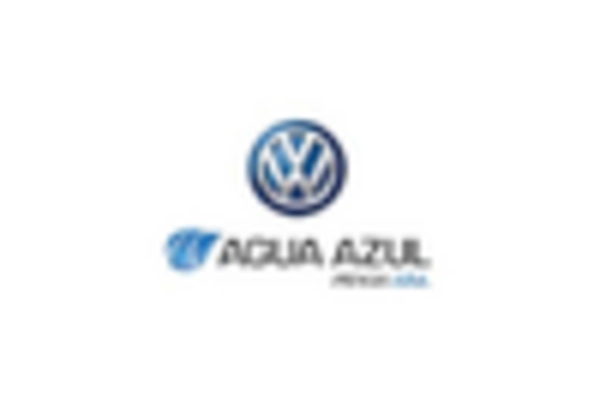Expansion of Charging Infrastructure
The expansion of electric vehicle charging infrastructure is a pivotal driver for the automotive industry market in France. As of November 2025, the number of public charging stations has increased by 50% compared to previous years, facilitating the adoption of electric vehicles. This growth is essential for alleviating range anxiety among consumers and is supported by both public and private investments. The French government aims to have over 100,000 charging points by 2030, which is expected to further accelerate the transition to electric mobility. This infrastructure development not only supports consumer confidence but also enhances the overall attractiveness of the automotive industry market.
Government Regulations and Incentives
Government regulations play a crucial role in shaping the automotive industry market in France. The French government has implemented stringent emissions standards aimed at reducing carbon footprints, which has led to a surge in the development of low-emission vehicles. In 2025, it is projected that around 40% of new vehicle registrations will be electric or hybrid, driven by incentives such as tax breaks and subsidies for consumers. These regulations not only encourage manufacturers to innovate but also promote a shift towards sustainable mobility solutions, thereby influencing the overall dynamics of the automotive industry market.
Shift Towards Shared Mobility Solutions
The automotive industry market in France is witnessing a shift towards shared mobility solutions, driven by changing urban lifestyles and economic considerations. Car-sharing and ride-hailing services are gaining traction, with a projected growth rate of 20% annually. This trend is reshaping consumer behavior, as more individuals opt for access over ownership. The rise of shared mobility is prompting traditional automotive manufacturers to explore partnerships with technology firms, thereby diversifying their business models. This evolution in mobility preferences is likely to have a profound impact on the automotive industry market, influencing vehicle design, production, and marketing strategies.
Consumer Preferences for Sustainable Mobility
Consumer preferences are increasingly leaning towards sustainable mobility solutions, significantly impacting the automotive industry market in France. A recent survey indicates that over 60% of French consumers prioritize eco-friendly vehicles when making purchasing decisions. This shift is prompting manufacturers to invest in electric and hybrid technologies, as well as alternative fuels. The demand for sustainable vehicles is expected to grow by 25% annually, reflecting a broader societal trend towards environmental consciousness. Consequently, automotive companies are adapting their strategies to meet these evolving consumer expectations, which is likely to reshape the competitive landscape of the automotive industry market.
Technological Advancements in Automotive Manufacturing
The automotive industry market in France is experiencing a notable shift due to rapid technological advancements in manufacturing processes. Innovations such as automation, robotics, and artificial intelligence are enhancing production efficiency and reducing costs. In 2025, it is estimated that approximately 30% of vehicles produced in France will incorporate advanced manufacturing technologies, leading to improved quality and reduced lead times. This trend not only boosts competitiveness but also aligns with the growing demand for customized vehicles. Furthermore, the integration of smart technologies in manufacturing is likely to attract investments, thereby stimulating growth in the automotive industry market.
















